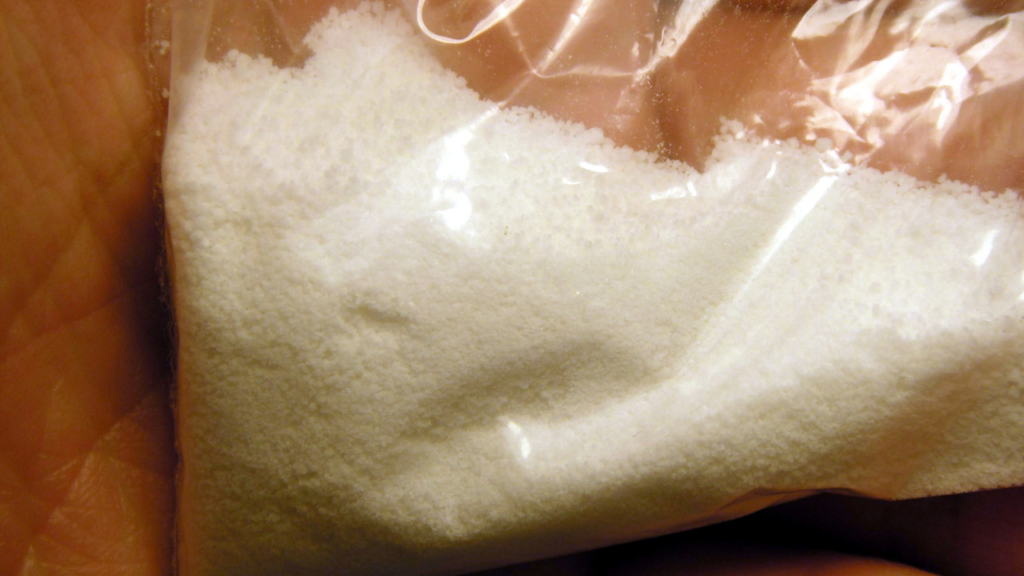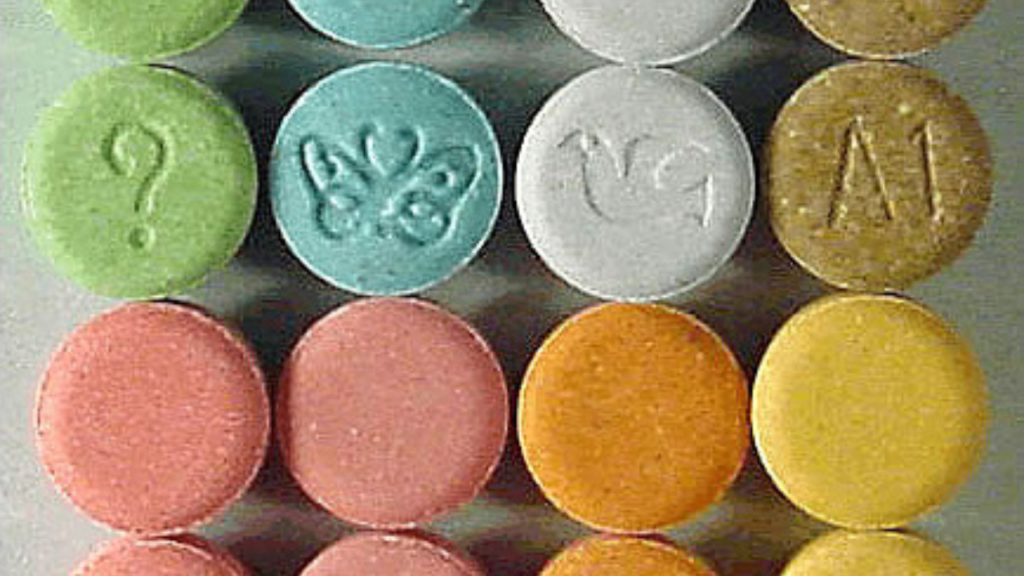Molly, a popular party drug, is a street name for the synthetic substance MDMA (3,4-methylenedioxy-methamphetamine). This illegal drug is classified as both a stimulant and a psychedelic, producing effects that alter mood and perception. Molly is often sold as colorful pills, capsules, tablets, or in powdered or crystalline form. Despite its reputation as a “fun” drug, Molly poses serious risks to both physical and mental health.
How Molly Works
MDMA works by increasing the activity of three neurotransmitters in the brain: serotonin, dopamine, and norepinephrine. Serotonin plays a role in regulating mood, sleep, appetite, and other functions. It also triggers the release of hormones that affect sexual arousal and trust. The surge of serotonin caused by MDMA likely accounts for the mood-elevating effects people experience. Increased dopamine levels lead to feelings of euphoria and increased energy, while norepinephrine increases heart rate and blood pressure, which can be particularly dangerous for people with pre-existing heart and blood vessel problems.

Effects of Molly
In the hours after taking Molly, users may experience a range of effects, including heightened energy and alertness, euphoria, reduced anxiety, increased empathy and emotional closeness, greater self-acceptance, enhanced pleasure from physical touch, heightened sensory perception, and an altered sense of time. These effects typically last 3 to 6 hours, although many users take a second dose as the effects of the first dose begin to fade.
However, the seemingly positive effects of Molly often give way to a host of negative consequences. In the days following MDMA use, many people report experiencing adverse side effects, such as anxiety, paranoia, depression, irritability, sleep disturbances, confusion, difficulty concentrating, decreased appetite, and strong cravings for the drug. Some heavy users experience long-lasting confusion, depression, sleep abnormalities, and problems with attention and memory, although it is possible that some of these effects may be due to the use of other drugs in combination with MDMA.
Physical Health Risks
Physically, Molly use can cause a range of adverse health effects. Immediate side effects can include involuntary jaw clenching, muscle tension, nausea, sweating, chills, and blurred vision. More severe risks include hyperthermia (elevated body temperature), dehydration, high blood pressure, irregular heartbeat, electrolyte imbalance, and kidney damage. In rare cases, Molly use can lead to death, especially when taken in high doses or mixed with other substances like alcohol. MDMA can also exacerbate pre-existing mental health conditions or even trigger latent psychological problems such as anxiety, depression, and psychosis.
Molly and Addiction
The addictive potential of MDMA is still under investigation, but research suggests that repeated use can lead to dependence, where the brain adapts to the drug, and users begin to feel withdrawal symptoms when they stop taking it. Some users report symptoms of addiction, including increased tolerance (needing higher doses to achieve the desired effect), intense cravings for the drug, neglect of other activities and responsibilities, and continued use despite negative consequences. Developing a dependence or addiction also increases the risk of overdose.
Signs of Molly Abuse and Addiction
If you suspect that someone you care about is abusing Molly, there are several signs to watch for:
- Behavioral changes: Users may become more talkative, empathetic, or emotionally open while under the influence of Molly. They may also neglect responsibilities, engage in risky behaviors, or withdraw from friends and family.
- Physical symptoms: Molly use can cause dilated pupils, jaw clenching, teeth grinding, increased body temperature, sweating, dehydration, muscle tension, and rapid heartbeat.
- Psychological symptoms: Users may experience mood swings, anxiety, paranoia, depression, confusion, and sleep disturbances, particularly in the days following Molly use.
- Paraphernalia: Look for pills, capsules, tablets, or powder in colorful or unmarked packaging, as well as drug paraphernalia like small bags or capsule cases.
Long-term Health Consequences
Repeated Molly use can lead to long-lasting health consequences, even after an individual stops using the drug. Some potential long-term effects include:
- Cognitive impairment: Chronic MDMA use may cause problems with memory, learning, and attention.
- Mood disorders: Molly can exacerbate pre-existing mental health conditions or trigger the onset of depression, anxiety, or psychosis.
- Neurological damage: Animal studies suggest that high doses of MDMA can cause damage to brain cells that produce serotonin, leading to potential long-term deficits in mood, behavior, and cognitive function.
- Cardiovascular problems: Repeated Molly use can cause heart damage, high blood pressure, and an increased risk of heart attack or stroke.

Getting Help for Molly Addiction
If you or someone you love is struggling with Molly use, seeking professional help is crucial. At JourneyPure At The River, our experienced clinical staff provide personalized, evidence-based addiction treatment programs tailored to each client’s unique needs. Through a comprehensive approach that includes medical care, individual and group counseling, behavioral therapies, and holistic wellness practices, we help clients overcome Molly addiction and build a solid foundation for long-term recovery.
Our drug addiction treatment programs include:
- Medically-supervised detox: Our medical team provides round-the-clock support to help clients safely and comfortably navigate the withdrawal process.
- Residential treatment: Clients live on-site at our state-of-the-art facility, receiving intensive therapy and support in a structured, drug-free environment.
- Partial Hospitalization Program (PHP): This intensive outpatient program allows clients to live at home while attending treatment sessions during the day.
- Intensive Outpatient Program (IOP): Clients attend therapy and support groups several times a week while maintaining work, school, or family responsibilities.
- Aftercare planning: Our team works with each client to develop a comprehensive aftercare plan, including ongoing therapy, support groups, and relapse prevention strategies.
Don’t wait to get the help you need. Call JourneyPure At The River today at 629-222-9449 to start your journey to a healthier, drug-free life.
